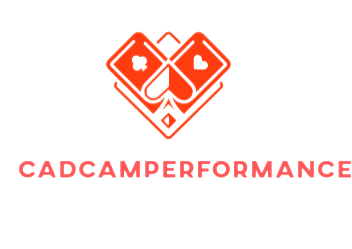
A Metaverse course offers a comprehensive understanding of virtual economies, providing insights into the intricate systems that drive these digital ecosystems. By delving into the concepts, mechanics, and dynamics of virtual economies, participants gain valuable knowledge applicable across various domains, from gaming to finance and beyond.At the core of a metaverse course lies the exploration of virtual currencies.
Participants learn about the creation, distribution, and utilization of these digital assets within virtual environments. Understanding the principles of virtual currencies enables individuals to grasp their role as mediums of exchange, stores of value, and units of account within virtual economies. Themetaverse course delve into concepts like blockchain technology, decentralized finance (DeFi), and tokenomics, gaining insights into the unique features and challenges of virtual currencies.
Moreover, a Metaverse course delves into the principles of supply and demand within virtual economies. Participants learn how factors such as scarcity, utility, and user behavior influence the value of virtual goods and services. By analyzing case studies and real-world examples, they develop a nuanced understanding of pricing mechanisms, market dynamics, and economic incentives within virtual environments.
Furthermore, a Metaverse course explores the interplay between virtual and real-world economies. Participants examine the phenomenon of digital asset ownership, virtual asset trading, and cross-platform interoperability. They analyze the implications of virtual economies on industries such as gaming, entertainment, e-commerce, and advertising, recognizing the opportunities and challenges presented by the convergence of virtual and physical realms.

Additionally, a Metaverse course addresses the socio-economic aspects of virtual economies. Participants explore topics such as digital labor, virtual property rights, and income generation within virtual environments. They examine the emergence of virtual communities, online marketplaces, and collaborative economies, understanding how social interactions and collective behaviors shape the dynamics of virtual economies.
Moreover, a Metaverse course equips participants with the analytical tools and methodologies necessary for evaluating and managing virtual economies. They learn how to conduct market research, analyze data trends, and forecast economic outcomes within virtual environments. By applying economic principles and quantitative techniques, they develop strategies for optimizing resource allocation, mitigating risks, and fostering sustainable growth within virtual economies.
Metaverse course offers invaluable insights into virtual economies, enabling participants to navigate and thrive in these dynamic digital landscapes. By understanding the principles, mechanics, and dynamics of virtual economies, individuals can unlock new opportunities, drive innovation, and shape the future of virtual worlds and beyond. Whether they are entrepreneurs, investors, developers, or enthusiasts, participants emerge from the course with a deeper understanding of the economic forces shaping the Metaverse and the skills to navigate its complexities effectively.






